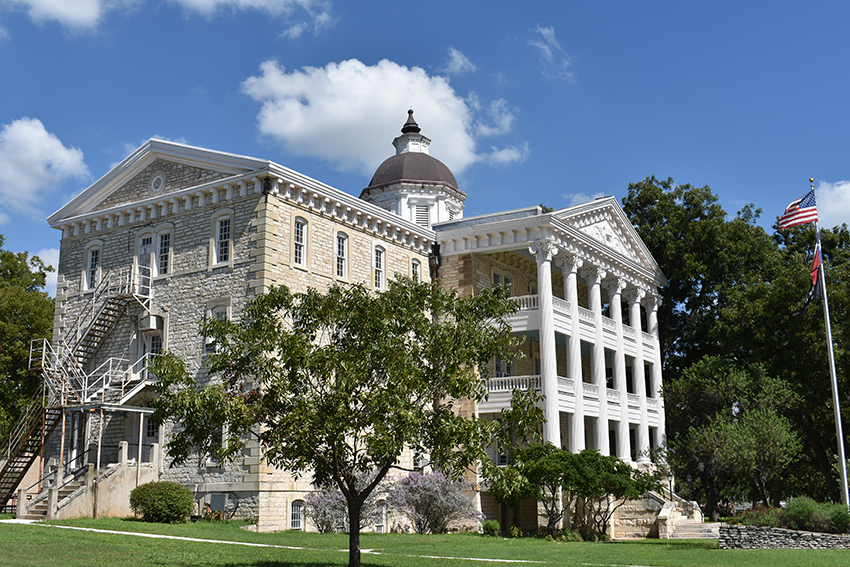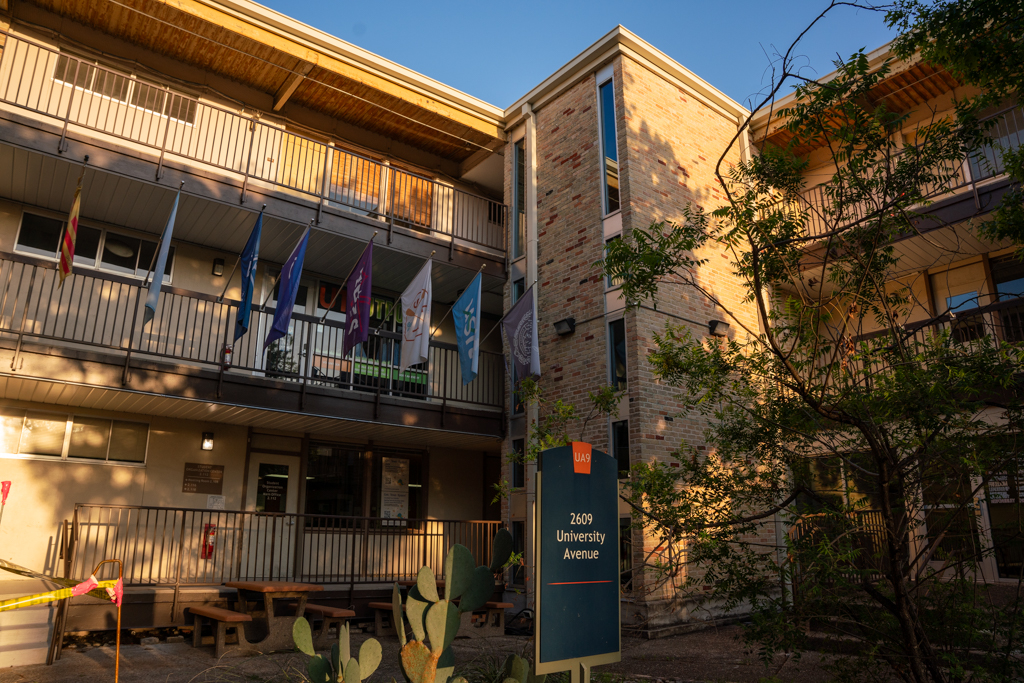The Dell Medical School unveiled its nearly $300 million plan to remodel Austin State Hospital, the oldest psychiatric facility in the state.
Austin State Hospital first opened in 1861 and has expanded several times, but now the campus is falling apart after decades of deterioration. The Brain Health System Redesign, released Monday, focuses on renovating the entire hospital, which has 252 beds, as well as improving local mental health care.
A 2014 report conducted for the Health and Human Services Commission found that the hospital, as well as several other mental health facilities around the state, needed not just to be renovated but replaced entirely.
“They were built in an era when healthcare was extremely different,” HHSC representative Mike Maples said. “The care inside of the hospitals has been state of the art and continues to be. It’s just the healthcare environment around them has just been so lacking.”
The hospital treats both short- and long-term care patients with a range of mental health issues. Many of ASH’s patients find their way there after being arrested and identified as needing mental health treatment.
The 85th Texas Legislature gave Dell Medical School $15.5 million for research and planning for the redesign, and now the school and the HHSC will request an additional $283–$330 million for the final proposal. The proposal has already garnered the support of several lawmakers, including state Sen. Kirk Watson, D-Austin, who sits on the Senate Finance Committee, which controls the state budget.
The high price tag on the redesign would only make up a small portion of the state’s budget, which totaled $217 billion during the legislative session. Watson said if the Legislature declines to pay for the improvements now, costs will still incur down the line, as the state’s criminal justice system and homeless facilities are overwhelmed by individuals in need of mental health care.
“We are at a point of crisis in some instances, and we’re going to address that,” Watson said.
Beyond renovating the hospital, the plan’s other primary focus revolved around how patients are channeled in and out. Stephen Strakowski, chair of the Redesign Steering Committee and the Department of Psychiatry at Dell Medical School, said patients often sit on long wait lists for the hospital when they could be served more quickly at a smaller, local mental health facilities. Some may end up spending more time than necessary at the hospital because of procedural hurdles, Strakowski said.
By cleaning up those procedures, patients who receive mental health care across Central Texas will be treated faster and more efficiently, which will then save the state money, Strakowski said.
“Mental health costs accumulate whether you’re doing anything about them or not,” Strakowski said “You’re paying for it somewhere, and when you don’t manage it, it costs more.”
Despite the presence of expensive issues such as school finance and Hurricane Harvey redevelopment in this legislative session, Watson said he feels projects to improve mental health in the state will receive a lot of support.
“There’s a recognition that brain health ought to be treated the same way we treat heart health or any other sort of health care,” Watson said. “There is also the added benefit that when we do this right, we end up saving money.”
Want more content like this in your inbox every morning?
- The Daily Digest
- The Lege
- The Big Scoop
- The Weekly Rewind





















